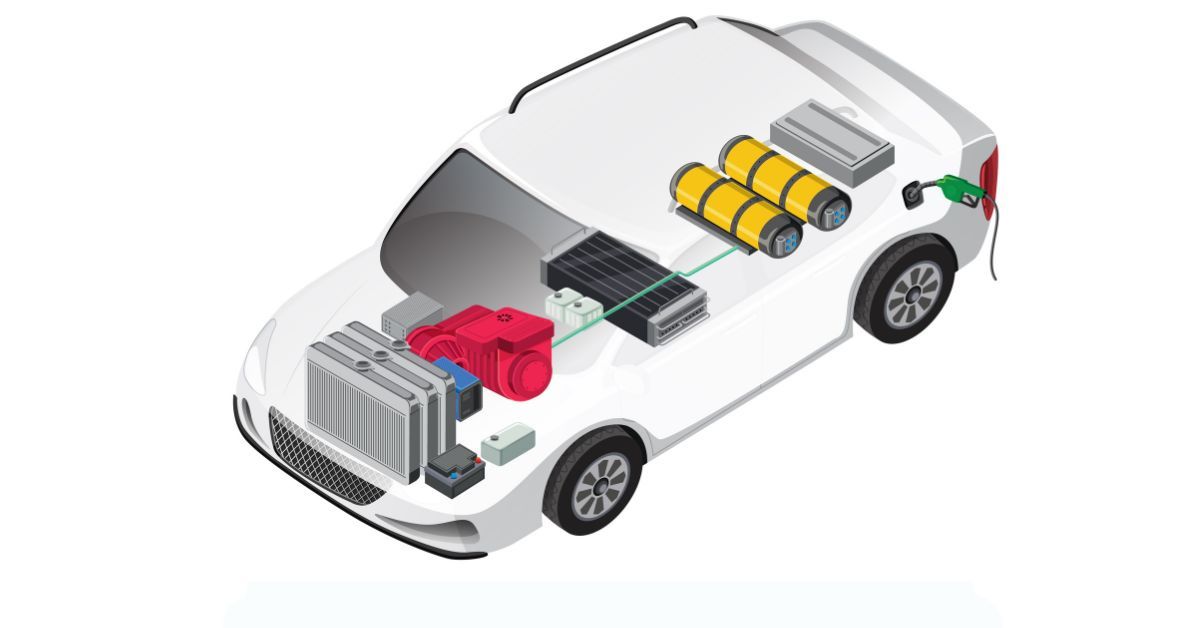Are hybrid cars worth it? The answer isn’t a simple yes or no—it really depends on your lifestyle and driving needs. A hybrid combines a regular gasoline engine with an electric motor and battery, offering a balance between traditional cars and fully electric vehicles. This setup is especially efficient in city driving, where frequent stops and starts are common. By reducing fuel use, lowering emissions, and saving on long-term costs, hybrids tackle some of the biggest concerns drivers face today.
Benefits of Hybrid Cars
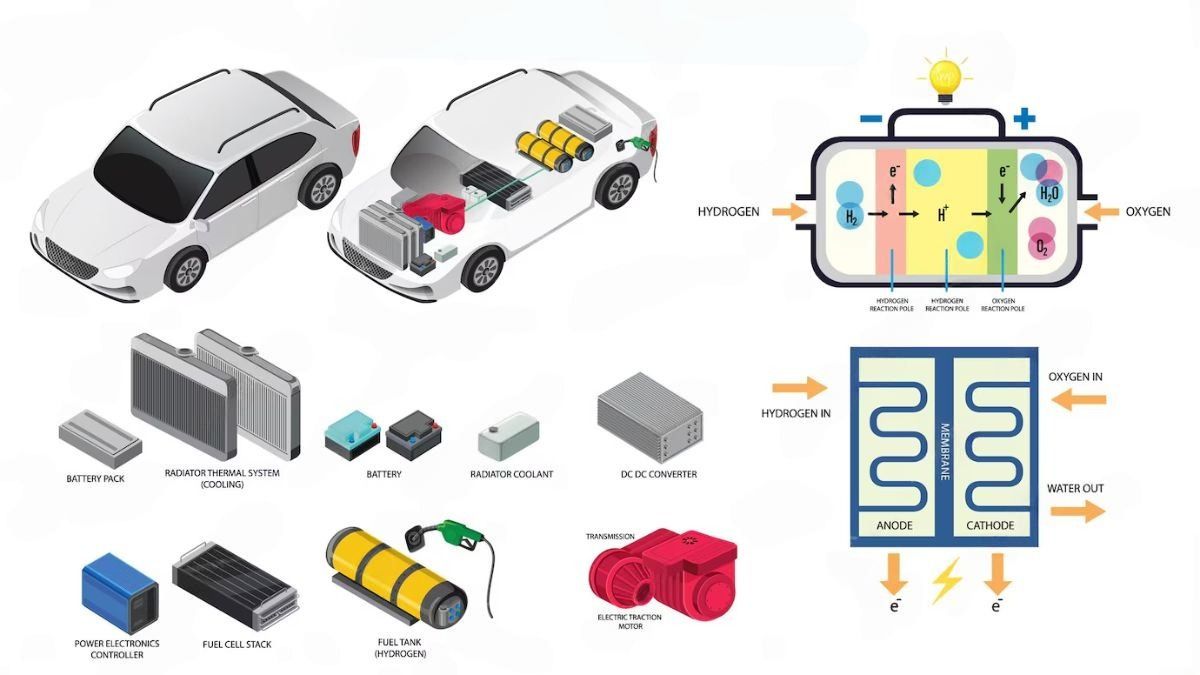
The biggest advantage of a hybrid car is its excellent fuel economy. At low speeds, the electric motor can power the car on its own, and during acceleration, it supports the gasoline engine. This reduces fuel use, especially in stop-and-go traffic. Hybrids also use regenerative braking, which captures energy normally lost as heat and sends it back to recharge the battery, making the car even more efficient.
For drivers who spend a lot of time in cities or suburbs, these features can lead to major savings on fuel over time. On top of that, the electric motor runs smoothly and quietly at low speeds, giving a calm and pleasant driving experience compared to the noise of a traditional engine.
Is a Hybrid Worth the Price?
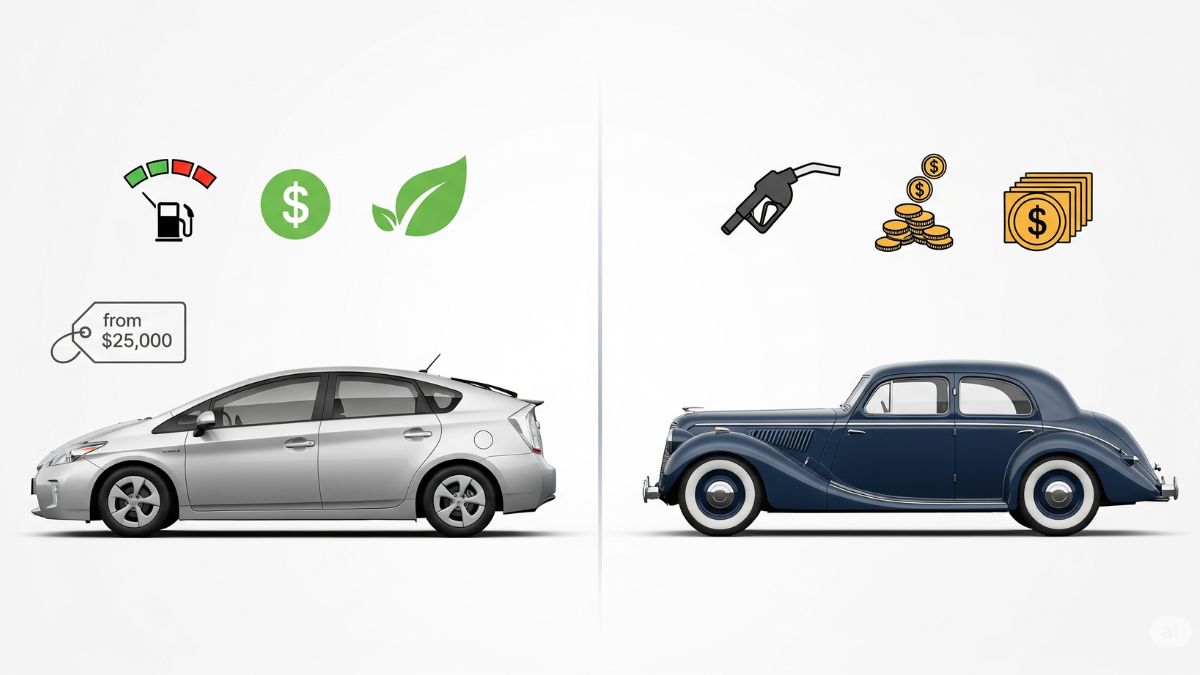
When considering if a hybrid is truly “worth it,” the upfront cost plays a big role. Hybrids usually come with a higher price tag than regular cars, which can make some buyers hesitate. The real question is how long it will take for fuel savings to cover that extra cost. For drivers who rack up a lot of miles each year, the savings add up faster. But for those who drive less, the added expense may never fully balance out. Ultimately, it depends on your driving habits and how long you plan to keep the car.
Hybrid Car Maintenance and Battery Costs
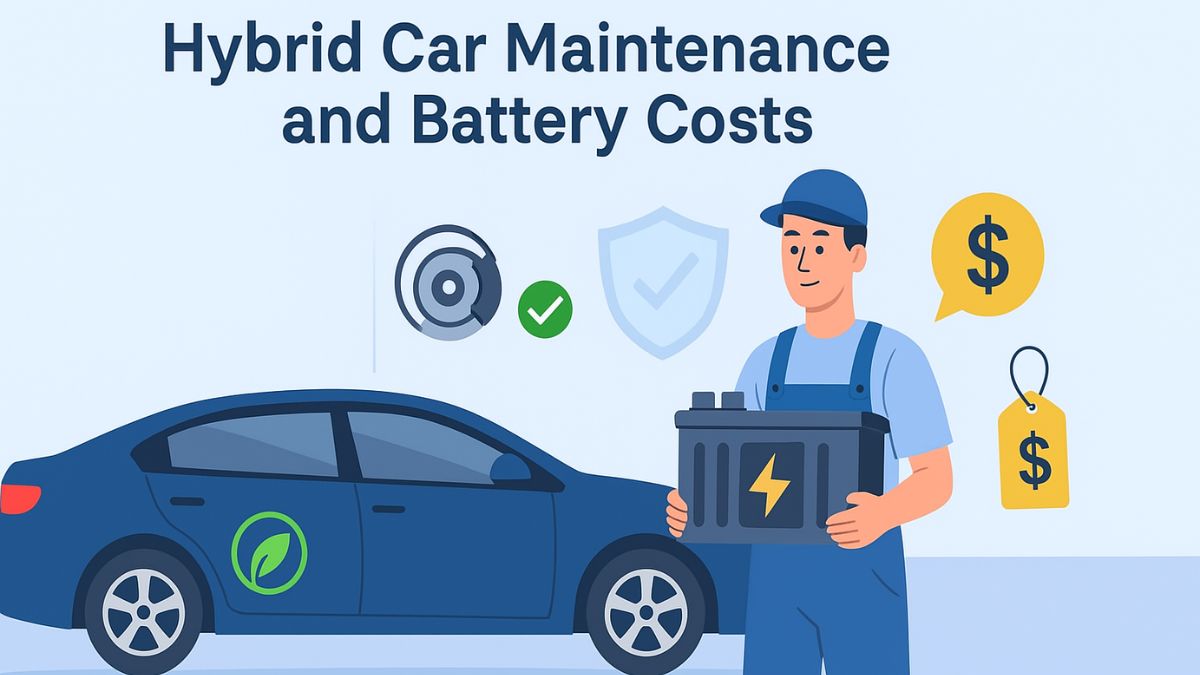
When it comes to long-term maintenance, hybrids have both pros and cons. Thanks to regenerative braking, brake pads usually last longer, which reduces some upkeep costs. However, the hybrid battery is a concern over time. While modern batteries are built to last 8–15 years or more than 100,000 miles, they eventually need replacement, and that can be expensive. The good news is that battery costs are slowly coming down as technology improves. Most manufacturers also offer strong warranties on hybrid components, giving peace of mind for several years. Still, it’s a future expense that buyers should keep in mind when weighing the overall savings.
Environmental and Financial Benefits of Hybrids
From an environmental perspective, hybrids clearly stand out compared to traditional gasoline cars. They use less fuel and produce fewer emissions, helping reduce pollution and lower your carbon footprint. Hybrids are also a great choice for people who want to be eco-friendly but aren’t ready to switch fully to electric cars, which can come with challenges like charging availability and range limits. With hybrids, you get the flexibility of a normal car along with the eco-benefits of electric power.
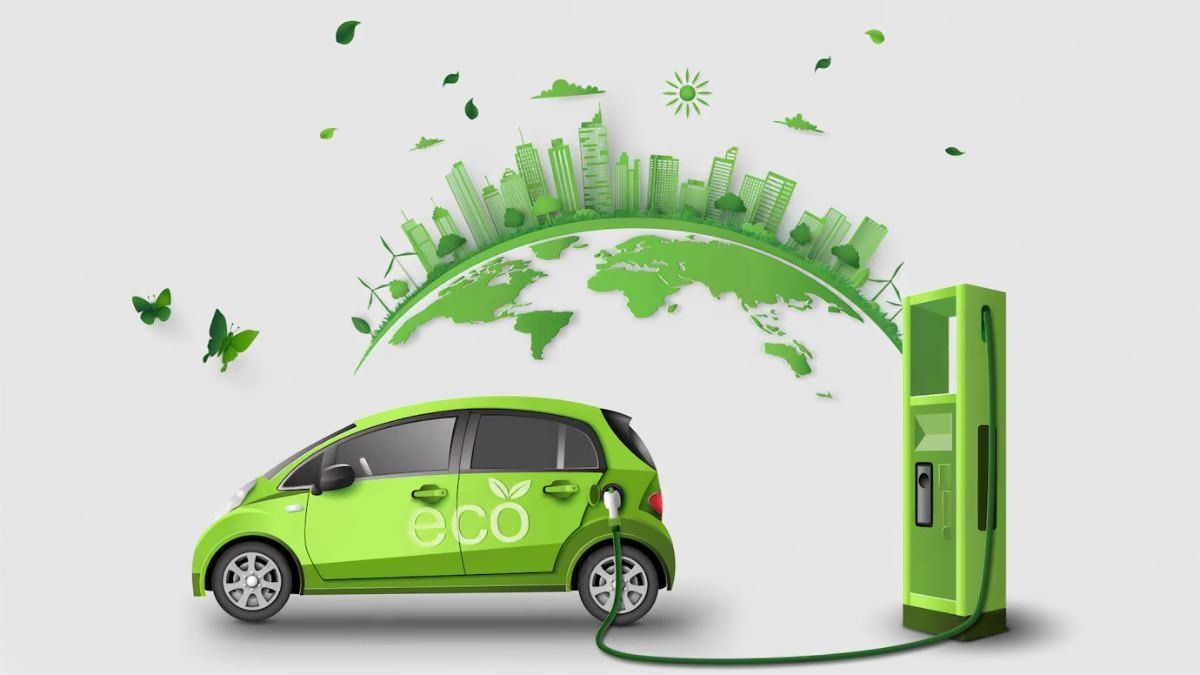
On the financial side, hybrids tend to hold their value well in the used car market. As more people look for fuel-efficient and eco-friendly options, the demand for hybrids continues to grow. This stronger resale value helps balance out the higher upfront cost, making hybrids not only better for the environment but also a smarter long-term investment.
Deciding if a Hybrid is Right for You
At the end of the day, choosing a hybrid car is a personal decision. It’s not just about numbers—it’s about balancing the benefits of lower fuel costs and reduced emissions with the higher upfront price and the possibility of future repair costs. The choice depends on your budget, driving habits, and what you value most in a car.
For many drivers, the reduced reliance on gasoline and the satisfaction of lowering their environmental impact make the investment worthwhile. For others, the savings may not justify the cost, and a regular car or another type of vehicle may be a better fit. With the auto industry evolving, hybrids stand as a smart and effective option for those who want a more efficient way to drive while still enjoying the convenience of traditional cars.

